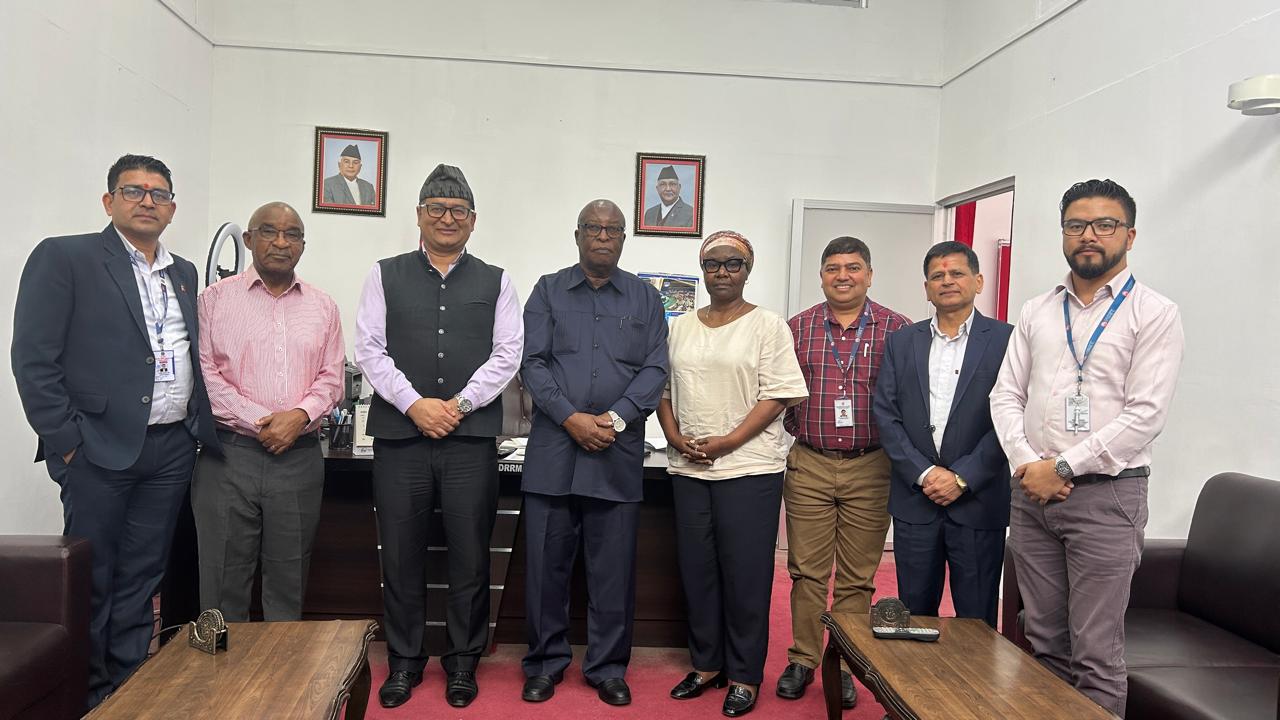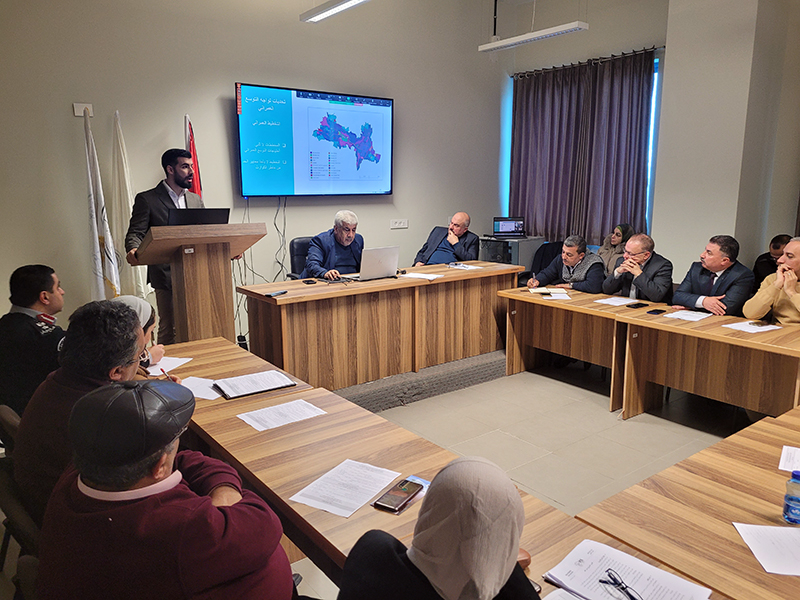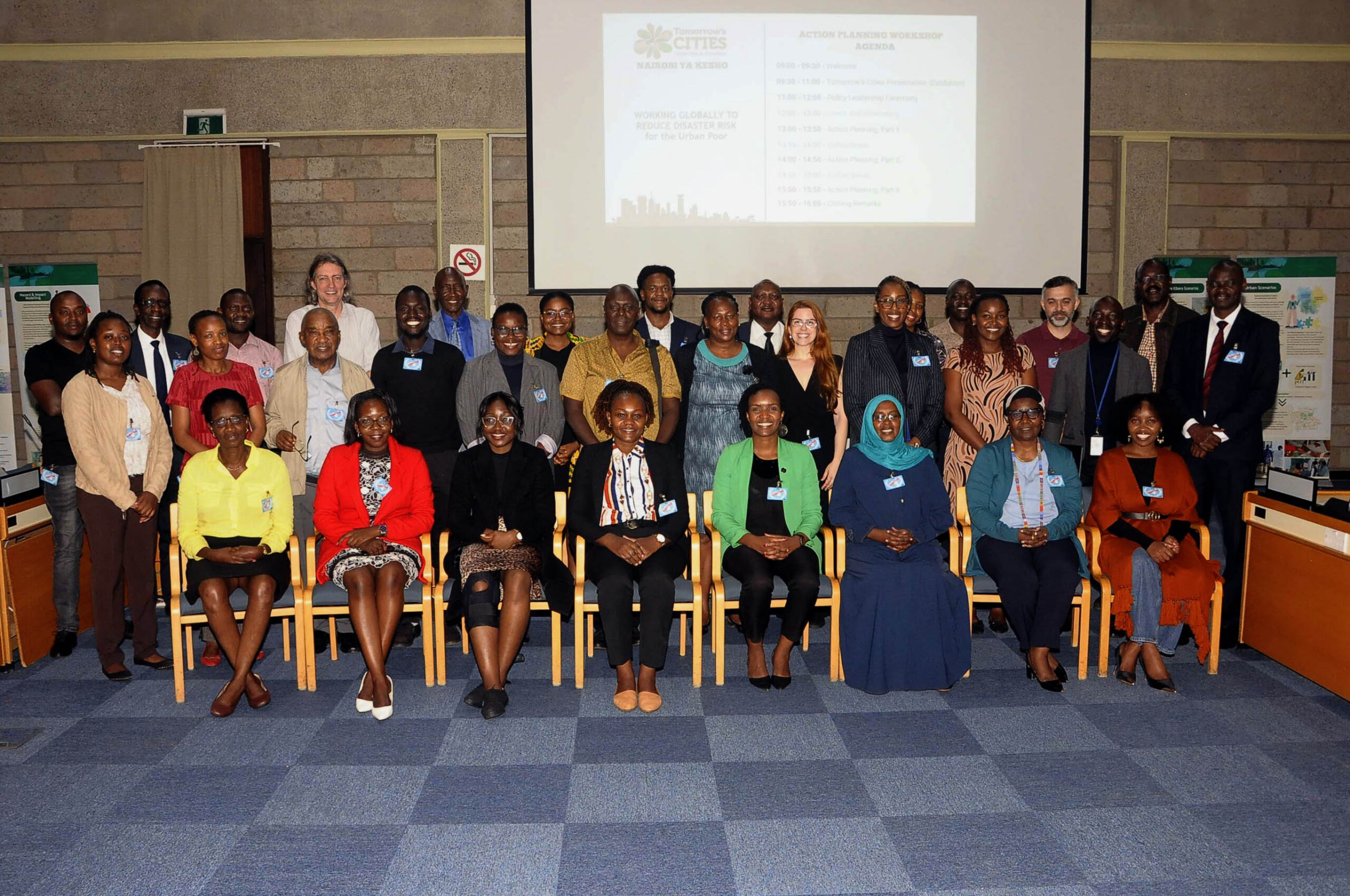
- Close
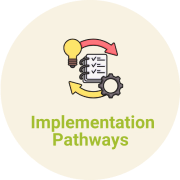
Implementation Pathways
Delivering detailed action plans to enable collaborative, risk-informed, city shaping.
The final TCDSE component co-produces detailed Action Plans to facilitate the uptake of TCDSE tools and approach by impact partners. These pathways support the commitment to implementing lessons learned, and for pro-poor, participatory, risk informed planning to become a sustainable feature of urban planning decision making and process.
Four aims can be highlighted:
- To build a bespoke impact partnership between diverse stakeholders and partners to ensure future commitment to sustainable TCDSE deployment at policy and government levels.
- To advance thinking on the positioning of the TCDSE within existing planning and decision-making processes, and on the issues it will assist decision makers in addressing.
- To identify and rectify barriers to TCDSE adoption, while also outlining pathways for effective uptake.
- To formulate concrete Action Plans for subsequent steps towards the implementation of measures and the TCDSE itself.

Action Planning Workshop in Nairobi, Kenya.
Urban stakeholders revisit disaster risk reduction challenges and aspirations identified early in the process. These are refined and transformed into Action Plans that build on lessons learned.
A series of meetings and workshops with diverse stakeholders, at different sectors and levels, identify stakeholder needs and capacity and potential contribution to TCDSE uptake. This culminates in an Action Planning Workshop where stakeholders discuss concrete actions to promote a pro-poor, risk informed decision-making culture. The goal is to support partners in advancing the TCDSE. Strategies include developing memorandums of understanding and statements of commitment, further action planning of responsibilities and next steps, and facilitating spaces for data sharing and inclusive planning.
The main objectives of the Implementation Pathways component are:
- Revisit discussions initiated in City Scoping regarding ambitions for disaster risk reduction and opportunities for equitable urban development, now informed by learnings from previous stages.
- Clarify the needs of organisations and their envisioned utilisation of the tools and methods presented. This involves aligning Tomorrow’s Cities’ approach with the objectives and capabilities of each organisation.
- Discuss ownership and responsibilities associated with integrating lessons and the TCDSE into decision-making environments.
- Delineate potential pathways for implementing lessons. For each pathway, devise concrete action plans that consider barriers and levers of change.
- Highlight and address context-specific challenges (related to data, capacity, finance, etc.) that could prevent the implementation of suggested policies. Connect these to further actions to address those challenges, such as additional training and agreements for data sharing.
- Broaden and enrich the decision-making environment by incorporating new actors and organisations for more inclusive, collaborative, and comprehensive risk-informed planning.
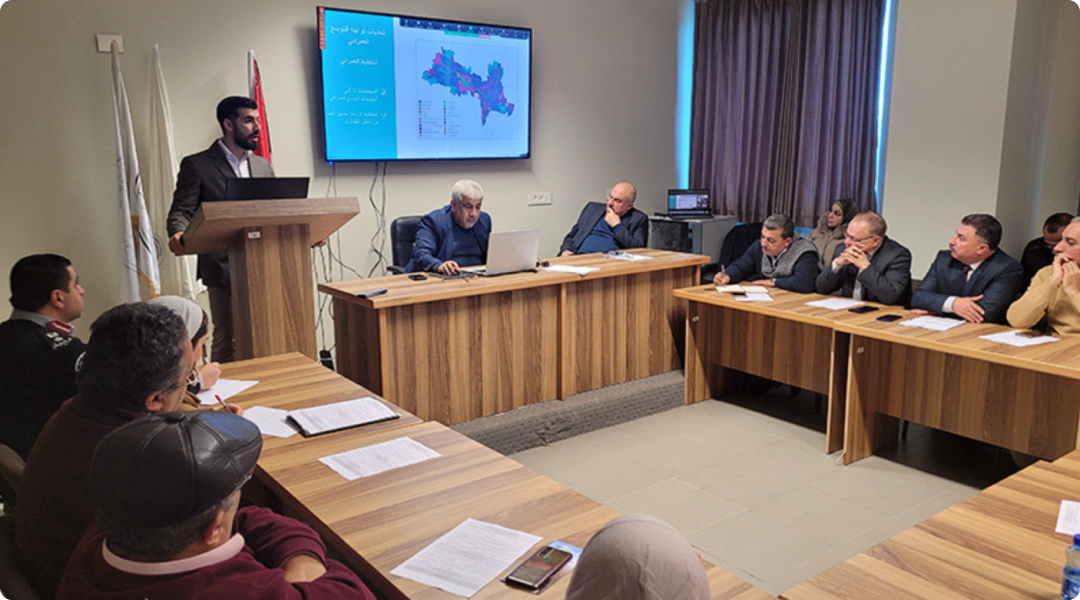
Action Planning Workshop in Nablus, Palestine.
At the end of the Implementation Pathways component, cities obtain:
- Action Plans based on scientific evidence and community engagement.
- Detailed actions for re-tooling enabling environments, including data acquisition/sharing plans, technical training, and financing.
- Progress towards new partnerships and a Community of Practice.
- Enhanced awareness and buy-in from multi-level stakeholders for concerted action.
Gender is mainstreamed into the TCDSE which can lead to implementation pathways that have a specific focus on gender and risk. The methodology is designed to include diverse stakeholder perspectives, these can be differentiated by gender, but cities have also focussed on those identifying as physically disabled, on the perspectives of youth, elders, indigenous communities and on small businesses. The guide below details how to integrate gender into the TCDSE
Decision Support Environment – Gender Perspective

